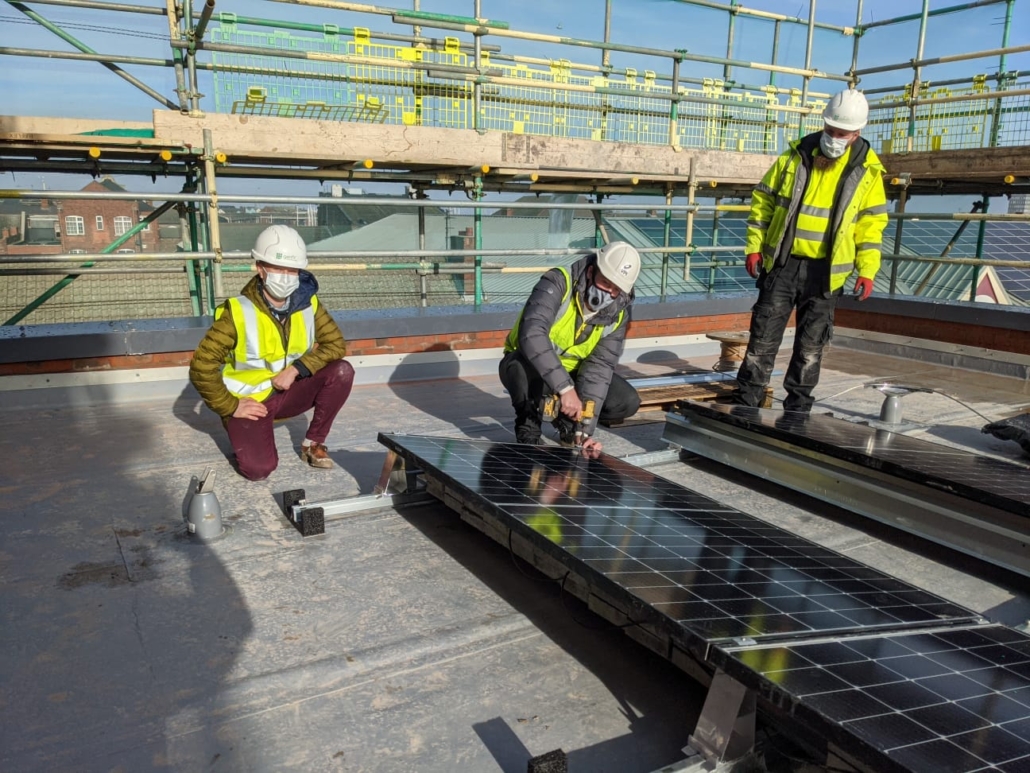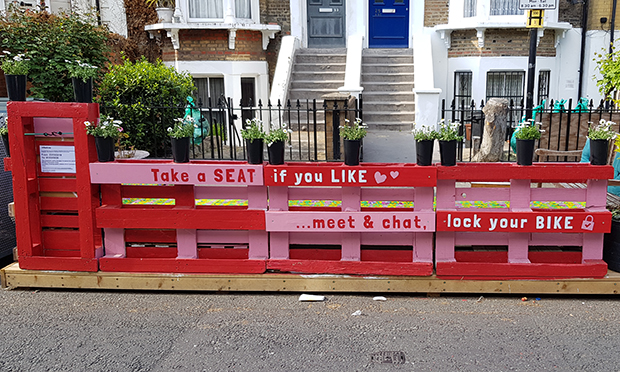Initial thoughts
I must confess I’ve long had these ideas rolling around my head, but thus far- until the threat of an imposed deadline from the website host- they’ve yet to make it into a legible form. In some ways, they’re actually starting to happen: the amount of groups that have been set up to help local communities, whether it be an area, a neighbourhood or a single street, is nothing short of amazing, and exactly the kind of initiative that is needed, especially in the midst of a public health crisis such as the Covid-19 pandemic.
Time is ticking
The current crisis is another demonstration of many in recent years of the failings of the British government, the country’s society and economy: the Chancellor might have thrown lots of money in an attempt to stave off some of the problems, but the consequences of Coronavirus are going to stay with us for a long time after the last makeshift hospital is shut. And yet, there is a continued threat thanks to the pursuit of Brexit: at of the time of writing, negotiations on a trade deal and the future relationship between the UK and EU are still continuing- no doubt on Zoom, as every other conversation seems to be right now. Leaders like Boris Johnson and Rishi Sunak insist that a deal will be done by the end of 2020- this was always going to be a tough task but tackling the Coronavirus pandemic makes everything much harder. Luckily, there is the possibility of an extension- but it must be confirmed by June 30th- just two months away. At present, Johnson, Sunak and others have absolutely ruled out applying for an extension on the basis that British law currently renders it illegal- so, Parliament would have to vote to rewrite the relevant bills. If this doesn’t happen though, and the extension opportunity is thrown away, then, barring a miracle or signing a really bad deal for the UK which would please nobody, the UK faces a no-deal scenario, and reverting to WTO terms with the EU. This would be nothing short of a disaster.
What we lose
For a start, 1st January 2021 will see every British citizen, unless they have dual nationality of an EU member state, lose their rights to live, work and study in the European Economic Area with ease: yes, it’s still going to be possible, but it will be much more difficult, as Britons won’t be covered by the reciprocal arrangements between the 30 members of the EEA. The popular 80s TV programme Auf Weidersehen Pet will hark back to a time when unemployed British workers could literally up sticks and find work in another European country: we might well wish that we could still replicate Pat Roach et al.
No Deal Brexit
Some British politicians welcome a No-Deal scenario, as they believe that it would be easier to negotiate trade deals with other countries- namely, the United States: however, with that comes real danger. Throughout the transition period, the UK has to comply with European regulations and standards, which are devised through the decision-making processes of the European Union; indeed, the UK had a big say in devising and approving the rules- in fact, it was the British Lord Cockfield who first developed the idea of the single market. In the event of a negotiation with the US, China, India, etc, the UK would be placed under real pressure to submit to their counterpart’s regulations- even if they are not necessarily to the standard we are used to.
No doubt we have all heard about the chlorinated chickens, and hormone-infused beef that the US wants to sell freely elsewhere across the world. As well as potentially causing another public health hazard, importing these products into the UK and selling them as cheaply as possible would cause real damage to the livelihoods of already struggling farmers. This is just one example of how switching to regulations outside the EU’s remit will affect everyone: I’m serious when I say that every facet of life will be affected.
The government was able to provide the NHS with some stocks of equipment to tackle Coronavirus (although not the PPE that staff are crying out for) because they had been preparing for a No-Deal scenario last year, if Britain had then been unable to apply for an extension- remember Matt Hancock’s fridges? Another significant purchase was that of body bags, because people would die under a No-Deal scenario: access to drugs made in EU countries would suddenly be restricted, and radioactive isotopes used in cancer treatments would be harder to obtain, meaning that effectively some people’s conditions could not be treated.
All this information is out there, and workable analysis of all the implications of a No-Deal scenario can be easily found and identified- and yet, the country still appears to be pursuing a futile act. We have to turn this around- and we must bring lots of people on board, however they voted. One major failing of the Stronger In campaign and then the People’s Vote campaign, led by Open Britain, was that its messaging was divisive in the sense that it effectively spoke to the converted, but couldn’t reach outside that comparatively small bubble. Yes, there were specific pressure groups set up by PV (for farmers, e.g.), but, unfortunately, they could be easily dismissed.
Alliance Building
In the wake of the demise of the People’s Vote campaign, groups like European Movement, Another Europe is Possible and the March for Change are identifying allies, such as Global Justice Now and Make Votes Matter. I think we need to go further with this: a big element of fear must concern environmental regulations and how they could be badly impacted by a No-Deal Brexit- we should reach out to Friends of the Earth, Greenpeace, as well as Extinction Rebellion. That’s not all though- we need to rapidly build a civil society movement that encompasses all facets of life. One reason for the success of the Brexit mindset is that even though a lot of these organisations operate out of the same address, there are lots of lobbying and pressure groups that have distinct messages: the Taxpayers Alliance goes on and on about government waste, the IEA works to persuade government not to put a sugar tax onto, well, sugary products and other unhealthy food, and so on. It’s been a steady drumbeat that turned into a full-on war dance. We need to do the same thing, and start the task of rebuilding our country, one community at a time.








